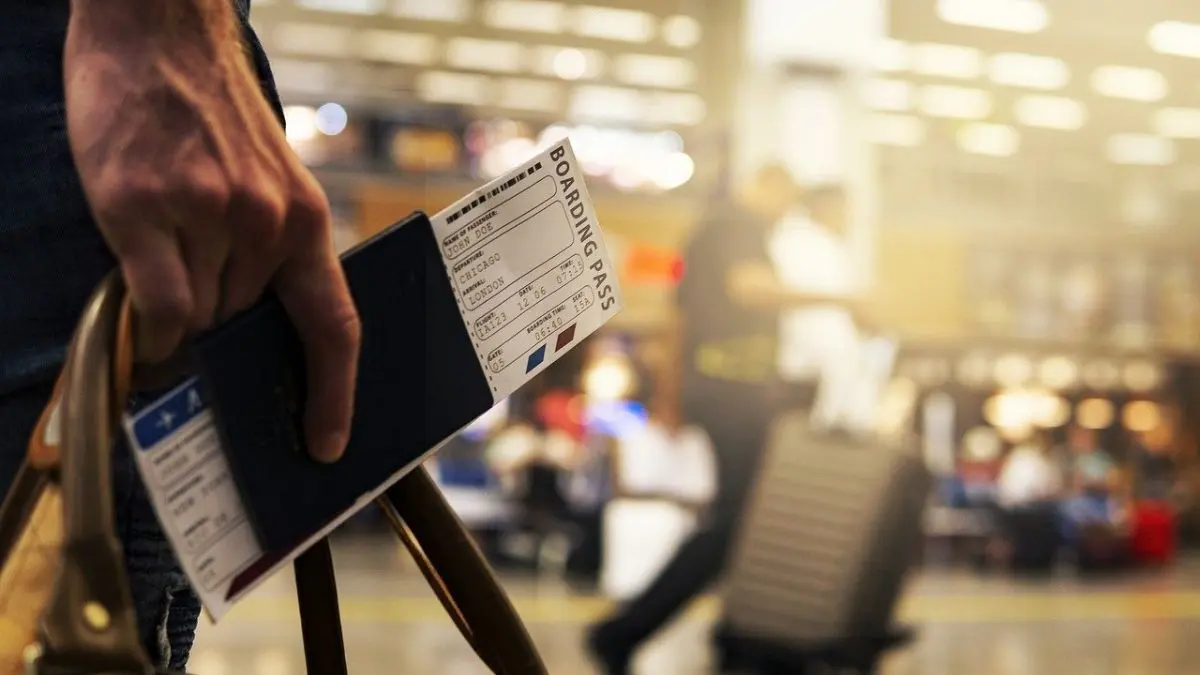Traveling by air has become an integral part of our lives, offering speed and convenience. However, amidst the convenience, there are several myths surrounding flight booking that often lead to confusion and misconceptions. In this guide, we’ll delve into five common booking myths and debunk them to help you plan your flights more effectively.
Table of Contents
Myth 1: Booking on Tuesdays is Always Cheaper
Contrary to popular belief, there is no magical day of the week when flight prices are consistently lower. While it’s true that airlines may release sales and promotions on certain days, there is no universal formula. Prices fluctuate based on various factors such as demand, seasonality, and the airline’s pricing strategy. To get the best deal, monitor prices regularly, set up price alerts, and be flexible with your travel dates.
Myth 2: Clearing Cookies Always Lowers Prices
The myth that airlines track your online behavior and raise prices if you search for the same flight multiple times has been debunked by industry experts. Most airlines and travel websites do not use this tactic to manipulate prices. Flight prices are primarily influenced by dynamic pricing algorithms that consider factors like demand, availability, and booking patterns. Clearing cookies may not lead to lower prices, so focus on strategic booking rather than trying to outsmart the system.
Myth 3: Last-Minute Bookings are Always Expensive
While booking in advance can often lead to better deals, it’s not a hard and fast rule that last-minute bookings are always expensive. Airlines sometimes reduce prices close to the departure date to fill up unsold seats. However, this strategy is risky, especially during peak travel times or for popular routes where demand is high. To increase your chances of snagging a last-minute deal, be flexible with your travel dates and destinations.
Myth 4: Budget Airlines Are Always the Cheapest
Budget airlines are known for their competitive prices, but it’s essential to consider the overall cost of your journey. Some budget carriers charge extra fees for services that may be included in standard fares with traditional airlines. Additionally, budget airlines often operate from smaller airports, which could result in additional transportation costs. Compare the total cost, including fees and transportation to and from airports, to determine the true value of your ticket.
Myth 5: Loyalty Programs Always Guarantee the Best Deals
While loyalty programs can offer significant benefits, assuming they always provide the best deals is a common misconception. Airlines may prioritize revenue over loyalty program status when it comes to pricing. It’s essential to weigh the value of loyalty points against the actual cost of the ticket. Sometimes, booking with a different airline or taking advantage of promotions may offer more savings than relying solely on loyalty programs.
FAQs
Is it true that booking flights on Tuesdays is always cheaper?
No, the notion that Tuesdays guarantee the cheapest flight prices is a common myth. While airlines may release promotions on specific days, there is no universal pattern. Flight prices are dynamic and depend on factors such as demand, seasonality, and the airline’s pricing strategy. To secure the best deal, monitor prices regularly, set up alerts, and be flexible with your travel dates.
Does clearing browser cookies really lead to lower flight prices?
Contrary to popular belief, clearing browser cookies to get lower prices is largely a misconception. Airlines and travel websites use dynamic pricing algorithms that consider various factors, and your online behavior is just one small aspect. Instead of focusing on clearing cookies, concentrate on strategic booking, monitoring price trends, and being aware of sales and promotions.
Are last-minute bookings always more expensive?
While booking in advance often provides better deals, it’s not a strict rule that last-minute bookings are always expensive. Airlines may reduce prices close to the departure date to fill unsold seats, especially during off-peak times. However, this strategy can be risky, and the availability of affordable last-minute deals depends on factors like demand and route popularity. Flexibility with travel dates and destinations can increase your chances of finding a last-minute bargain.
Are budget airlines always the cheapest option?
Budget airlines are known for competitive pricing, but the total cost of your journey involves more than just the ticket price. Some budget carriers charge additional fees for services that might be included with traditional airlines. Moreover, budget airlines often operate from smaller airports, potentially resulting in added transportation costs. Compare the overall expenses, including fees and transportation to and from airports, to determine the true affordability of your ticket.
Do loyalty programs always guarantee the best flight deals?
Loyalty programs offer valuable perks, but assuming they always guarantee the best deals is a misconception. Airlines may prioritize revenue over loyalty status when setting prices. It’s crucial to evaluate the value of loyalty points against the actual ticket cost. Sometimes, exploring different airlines or taking advantage of promotions may result in more significant savings than relying solely on loyalty programs. Always weigh the benefits before deciding how to book your next flight.
Is it better to book directly through the airline’s website or use third-party travel platforms?
There is no one-size-fits-all answer. Booking directly with the airline might offer more transparency and direct communication, but third-party platforms can sometimes provide exclusive deals. Consider factors like loyalty points, cancellation policies, and customer service. Compare prices on both channels, keeping in mind the overall convenience and benefits that align with your preferences.
Are flight prices lower during specific seasons or months?
While there’s a general belief that certain seasons or months offer lower flight prices, it’s not always consistent. Prices can be influenced by various factors such as holidays, school vacations, and local events. Off-peak seasons might have lower demand, but it’s crucial to check for destination-specific trends. Use flexible date searches and be aware of local events or festivals that could impact prices during your preferred travel period.
Can I always find the best deals by using price comparison websites?
Price comparison websites are valuable tools, but they might not always display the full range of available options. Some airlines may not be listed on certain platforms, and exclusive deals may be available only through direct bookings. Use comparison websites as a starting point but cross-check by visiting airline websites and exploring additional options to ensure you don’t miss out on hidden discounts or promotions.
Conclusion
Flight planning involves navigating through a sea of information, and it’s crucial to separate fact from fiction. By debunking these five common booking myths, you can approach flight planning with a clearer understanding. Remember to stay flexible with your travel dates, compare total costs, and explore various booking options to ensure you secure the best deal for your next journey. Happy travels!
Also Read: Exploring Auckland: Top Accommodation Picks for Your Stay




